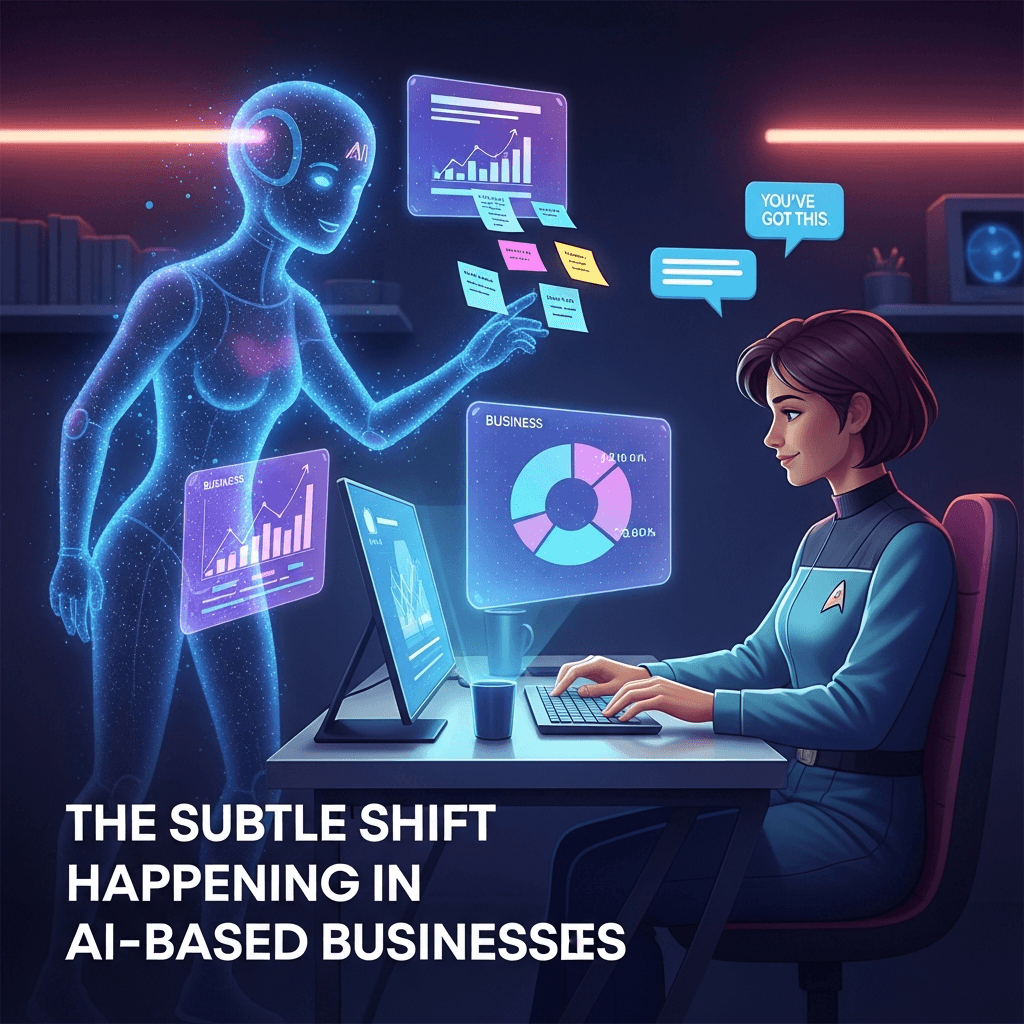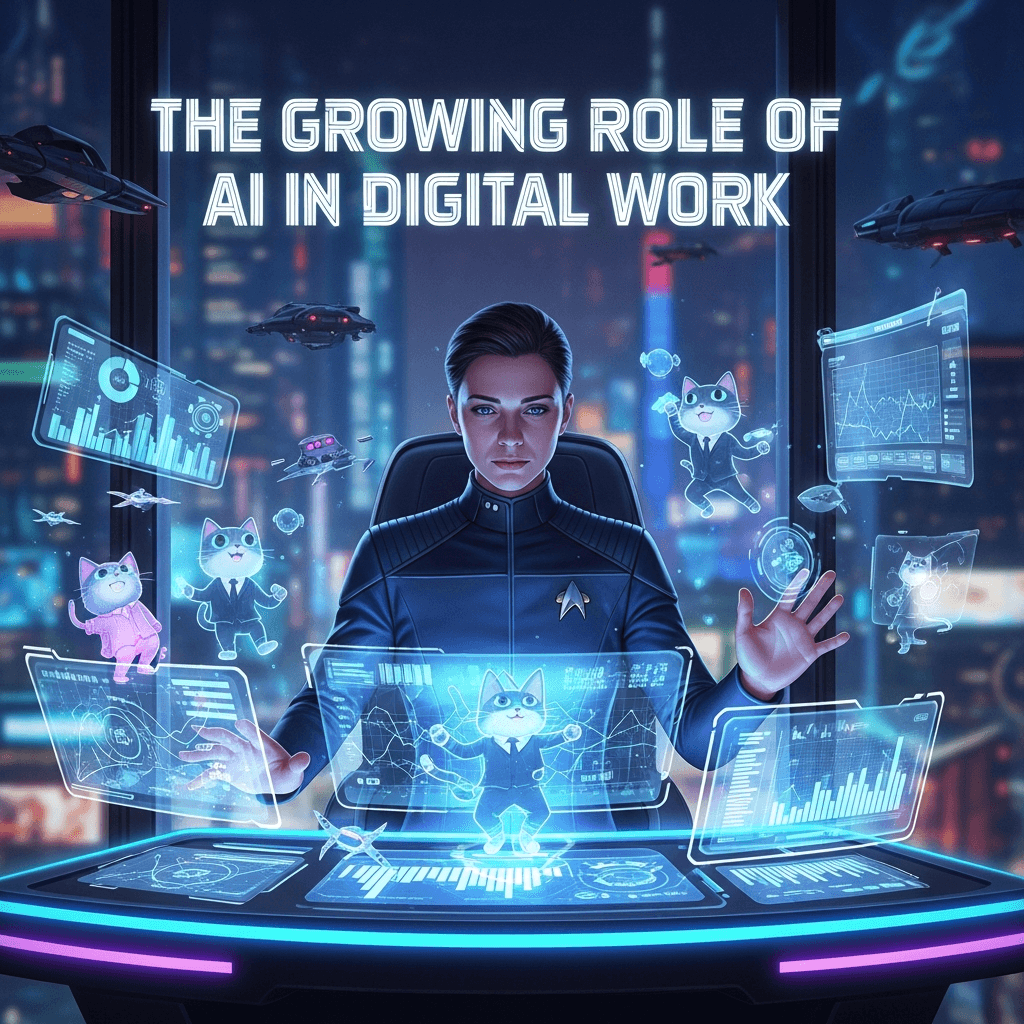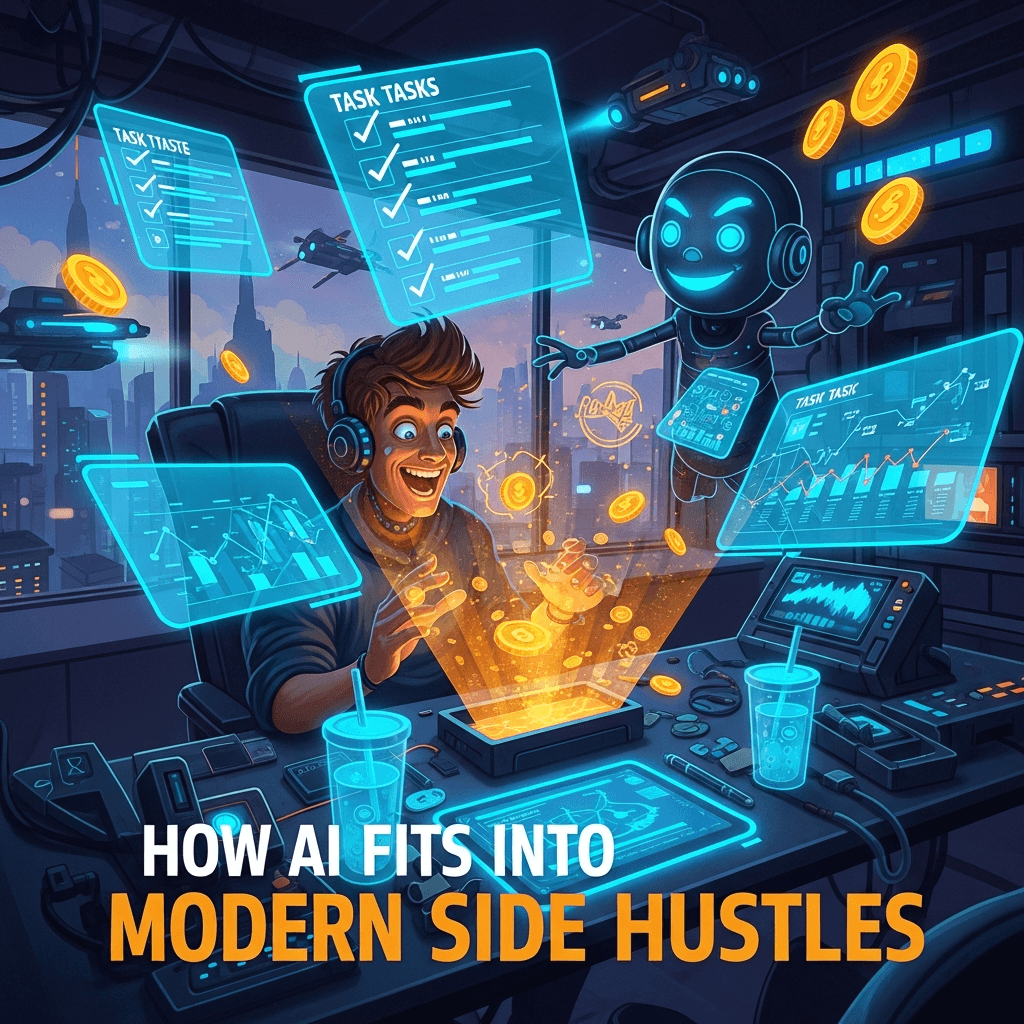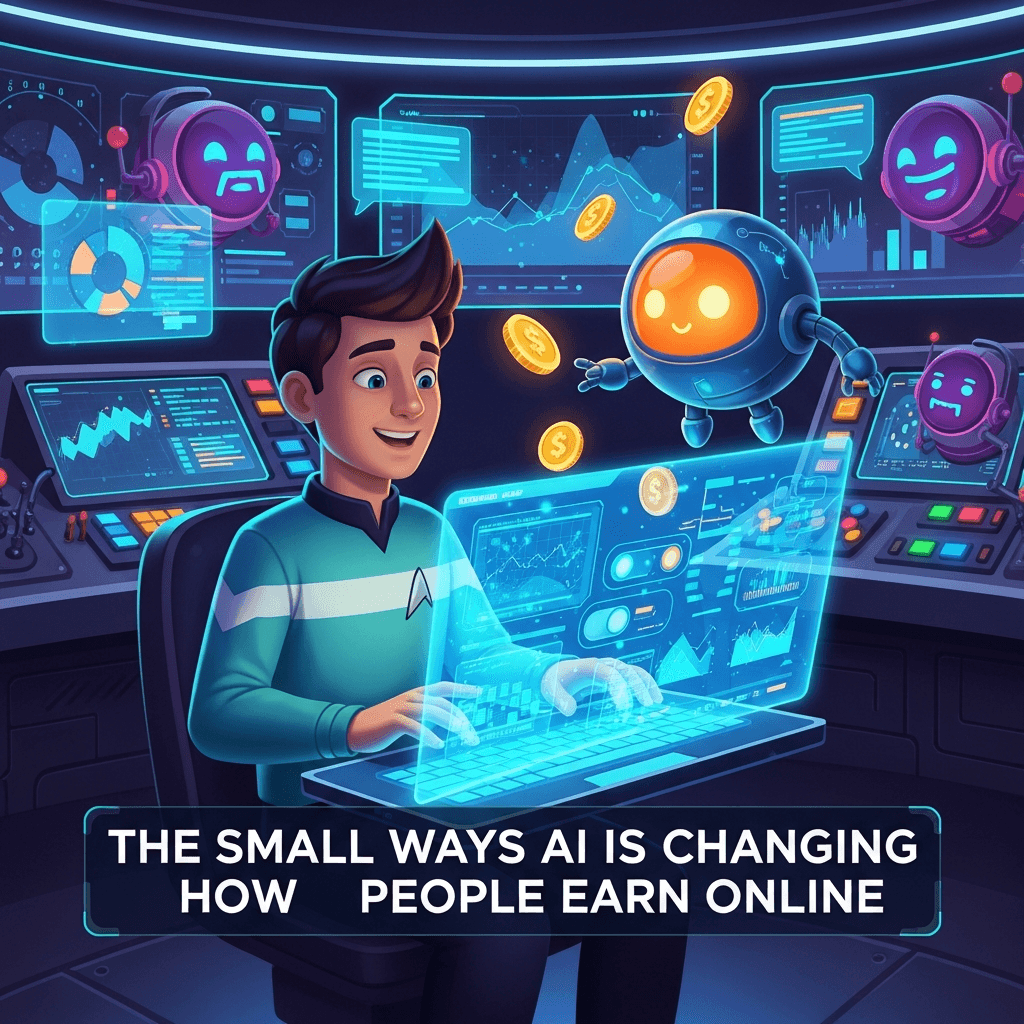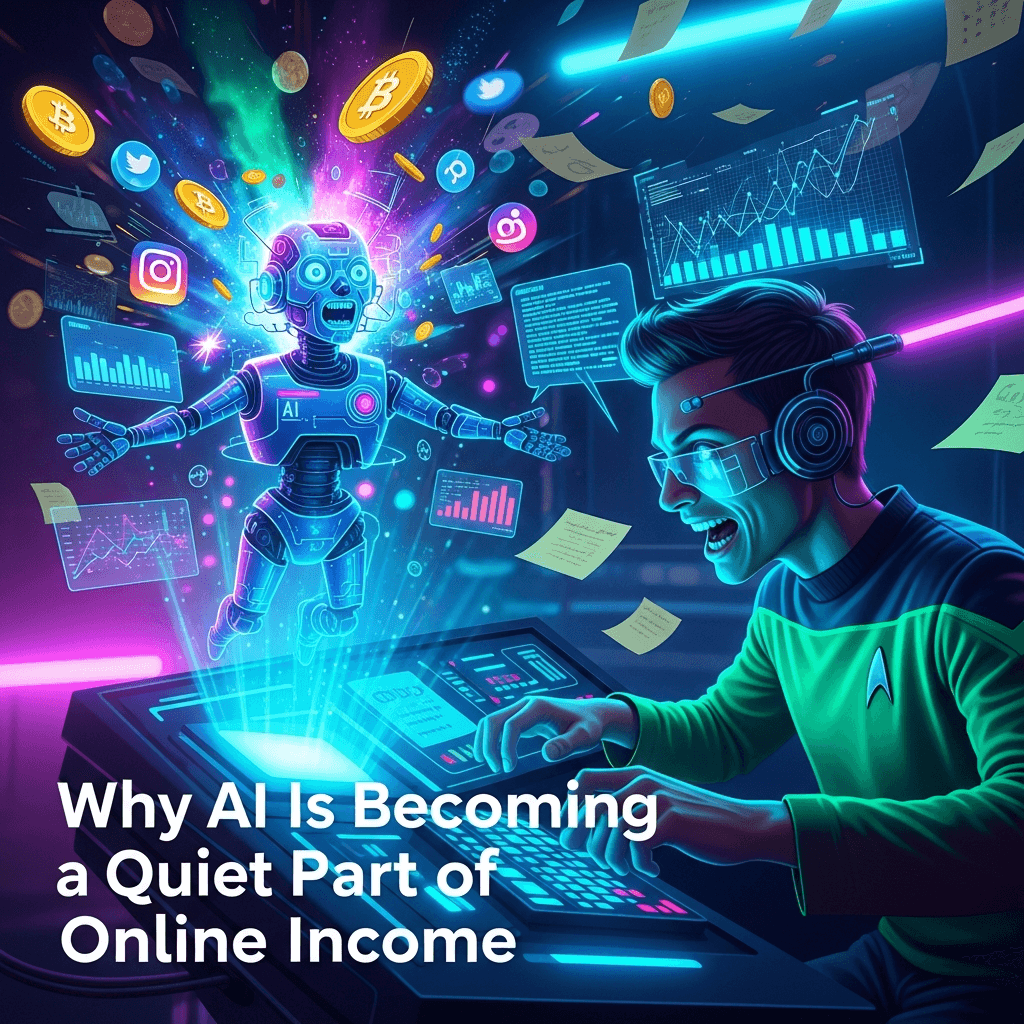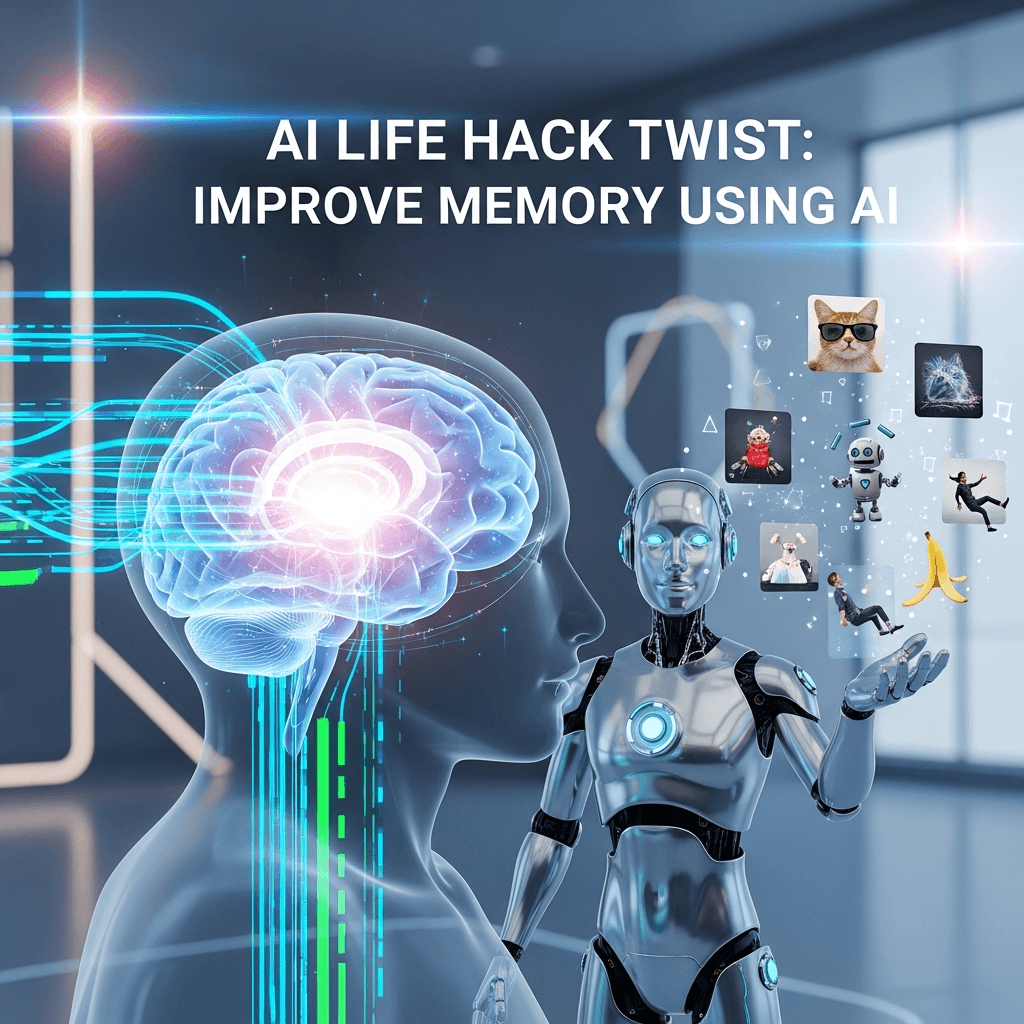Every click, every like, every photo you post—AI is watching. Companies are training massive algorithms on your personal data, turning your digital life into pure profit. But here’s the catch: the more AI knows about you, the more control it has over your choices. Is convenience worth trading away your privacy?
Introduction
You know how apps ask for “permissions”? Location, microphone, contacts—yeah, all that. Most of us just hit “Allow” and move on. But behind the scenes, AI is hoovering up that data, crunching it, and selling it to the highest bidder. Welcome to the gold rush of the 21st century: your private life.
How AI Uses Your Data
- Personalized ads: That thing you Googled once? Now it follows you everywhere.
- Facial recognition: Cameras in public spaces can track your face across cities.
- Behavior prediction: AI knows what you’ll click on before you even do.
- Voice data: Smart speakers aren’t just listening—they’re learning.
In short: every digital breadcrumb you drop is fuel for AI systems.
The “It’s for Your Convenience” Lie
Companies say it’s all to “make life easier.” Sure, recommendations on Netflix feel harmless. But when insurance companies, banks, or even governments start using this data to make decisions about you? That’s a different story.
Real-World Creepy Examples
- A store predicted a teenage girl’s pregnancy before her parents knew, based on AI shopping patterns.
- Smart TVs secretly recorded conversations and sent them back to companies.
- Face recognition systems in malls tracked shoppers without their consent.
And that’s just the stuff we know about.
Why This Is Dangerous
The more AI knows, the less freedom you really have.
- It can nudge your choices without you realizing.
- It can profile you incorrectly and lock you out of opportunities.
- Worst case: hackers steal it, and now strangers have your deepest info.
What You Can Do (Without Going Full Tinfoil Hat)
- Check permissions: Don’t give apps more access than they need.
- Use privacy tools: VPNs, encrypted messengers, ad blockers.
- Think before posting: Once it’s online, assume it’s forever.
- Stay skeptical: If something is “free,” you’re probably the product.
The Bigger Picture
AI and privacy isn’t just a personal issue—it’s a societal one. Who owns your data? Who profits from it? And at what point do we push back and demand real digital rights? Right now, the balance is tilted way too far in favor of big companies.
Bottom Line
AI is powerful, but it’s fueled by something incredibly personal: you. The more data it gets, the more it shapes the world around you. The question isn’t whether AI will take your privacy—it’s whether you’ll fight to keep it.


